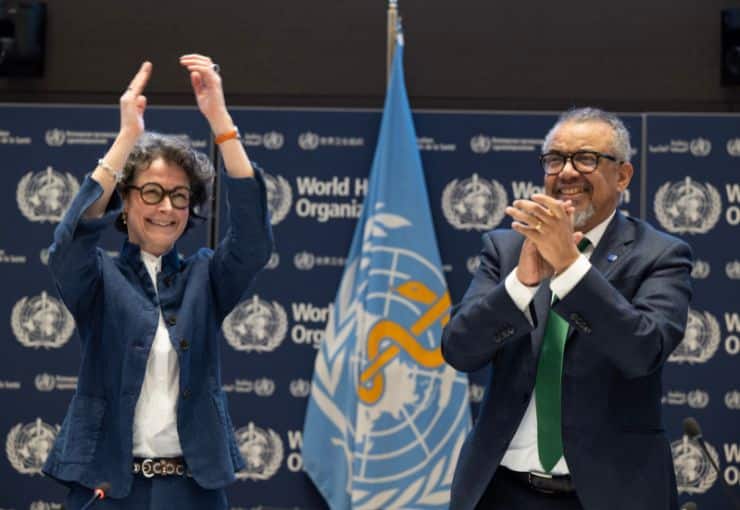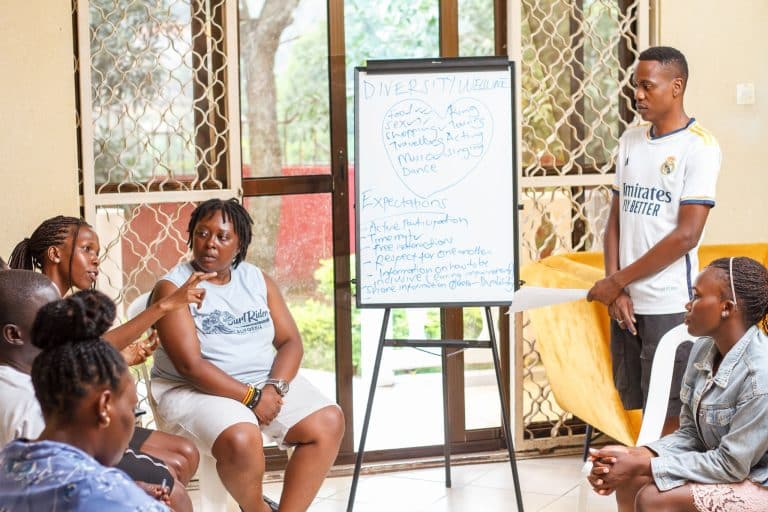The COVID-19 pandemic has shown what happens when countries’ health systems are unable to keep up with their populations’ public health needs. Malfunctioning, weak health systems need to be strengthened into responsive, well-functioning, properly staffed and sustainably financed systems. Not only for acute public health crises – but also to achieve access to sexual and reproductive health and rights (SRHR) for everybody, everywhere. With our partners in the Health Systems Advocacy Partnership (HSAP), we have made a video that explains this interconnectedness and emphasises that strong health systems should be a political priority.
Prior to the pandemic, 24.2% of women of reproductive age in Africa had an unmet need for family planning. This number has risen since the outbreak of the virus due to the disruption of key essential and emergency services, including those for sexual and reproductive health, and due to the fear of seeking health services and limited mobility caused by (partial) lockdowns. The pandemic has underscored the importance of strong health systems, showing the threats that weak health systems pose, not only within national borders, but also outside those borders – spreading throughout our globalised world.
It is a decisive time; we can either continue with business-as-usual or choose to truly invest in strong health systems that provide quality prevention and care services for everybody, including the poorest, the most marginalised, and people with multiple compounded vulnerabilities. Health systems strengthening is a shared responsibility in which global and national actors play a role: politicians and policy-makers, civil society and the media. By uniting forces and taking our shared responsibility, we can achieve the right to health for all.
Watch the new HSAP video below:





